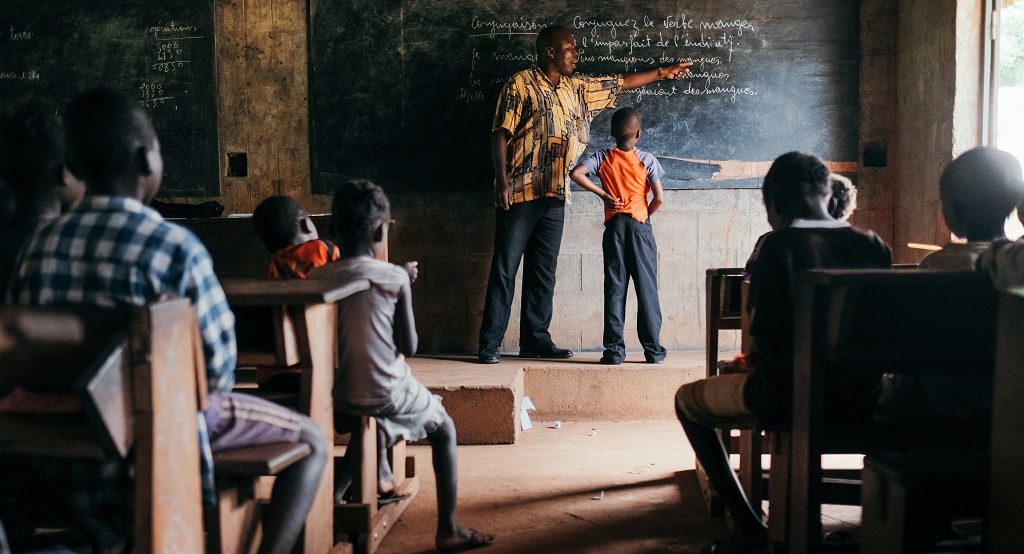
Advocacy initiatives increased
2016 was a challenging year for advocacy. The number of refugees and internally displaced people was record high, yet humanitarian aid needs were severely underfunded. In most of Finn Church Aid’s programme countries human rights were compromised, and the space for civil society was further reduced. Despite the hostile environment, FCA’s advocacy brought many positive results, particularly in programme countries.
Over 60 advocacy initiatives took place in country programmes, an increase of 53 percent from 2015. Questions related to quality education, linking learning to earning, peace, and human rights, among other issues, were brought to the attention of decisionmakers on local and national level. Many improvements were realised.
For example in Liberia, 45 women were trained in advocacy and legal rights. As a result, the women started claiming rights to land inheritance for family members and advocating against domestic violence. In Cambodia, 972 complaints on existing land rights disputes were submitted by rights-holders, which marks a sevenfold increase to previous year’s 135 complaints.
At the World Humanitarian Summit, FCA worked with the UN in organising a session on religious actors and humanitarian aid. FCA increased awareness on the importance of education in emergencies, and the need to include religious and traditional leaders, women and youth in peace building; and advanced the call for the locally led humanitarian aid delivery.
During the 2016 United Nations General Assembly, FCA together with Eritrean UN representation organised a side event titled “Young Professionals Leading Youth, Peace and Security Work”. As a result, the Eritrean and Finnish youth-to-youth dialogue for peace gained recognition. For the first time in the UN General Assembly, large numbers of civil society actors and youth were advocating for the importance of education in emergencies. As a result, the High Level Meeting on Refugees and Migrants recognised the importance of receiving quality education within a few months of displacement. Reference was also made to the need of post-primary education – these were both great achievements for FCA.
In Europe, together with ACT Alliance EU, FCA spoke out against plans to condition development aid to developing countries’ compliance with readmission agreements and performance” on migration control indicators.
In relation to Finland’s 2017 budget, Government Report on Development Policy and overnment Report on Finland’s Foreign and Security Policy, FCA provided six written statements to Parliamentary Committees (Foreign Affairs, Environment, Employment and Equality, and Finance) and was invited to Committee hearings five times.
Together with other Finnish NGOs, FCA actively advocated for the human rights of asylum seekers. FCA met with civil servants from the Ministry of Justice and the Ministry of the Interior; wrote letters; and issued several statements, articles and press releases, some jointly with other NGOs. Despite all these efforts, the Finnish government tightened family reunification policy and changed the laws on international protection and the right of asylum seekers to legal aid.
FCA also hosted two ministerial level visits to Finland, the Ministers of Education from Eritrea and Central African Republic, providing for education related advocacy with key education institutions in Finland.
By hosting several visits by Finnish politicians, civil servants and representatives of parishes to FCA projects in Jordan, FCA was able to increase their awareness on the realities of Syrian refugees and IDPs.